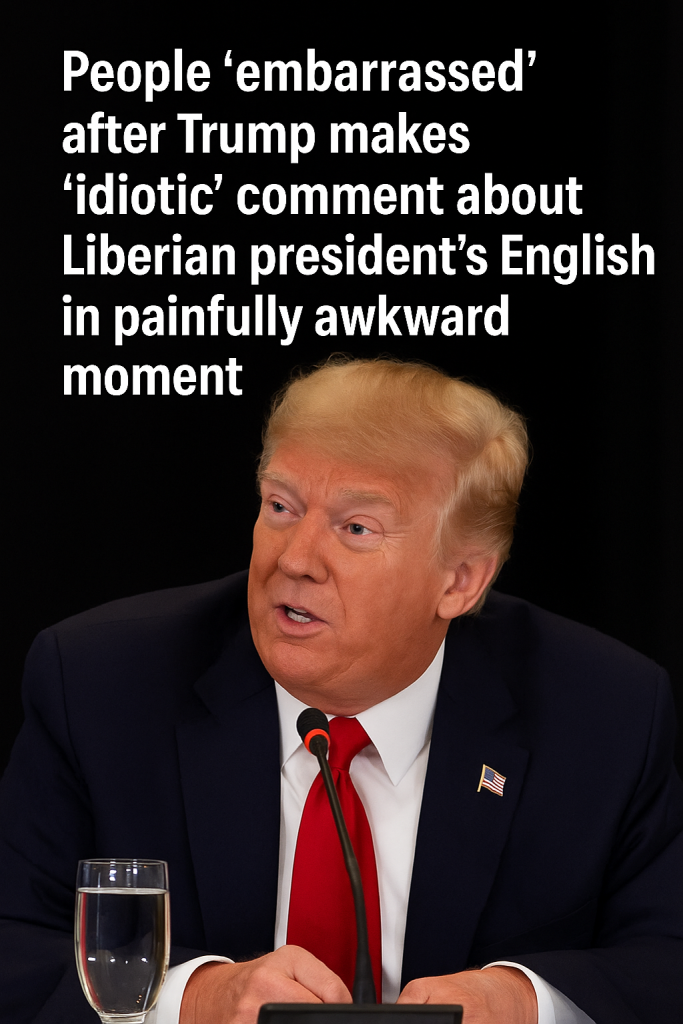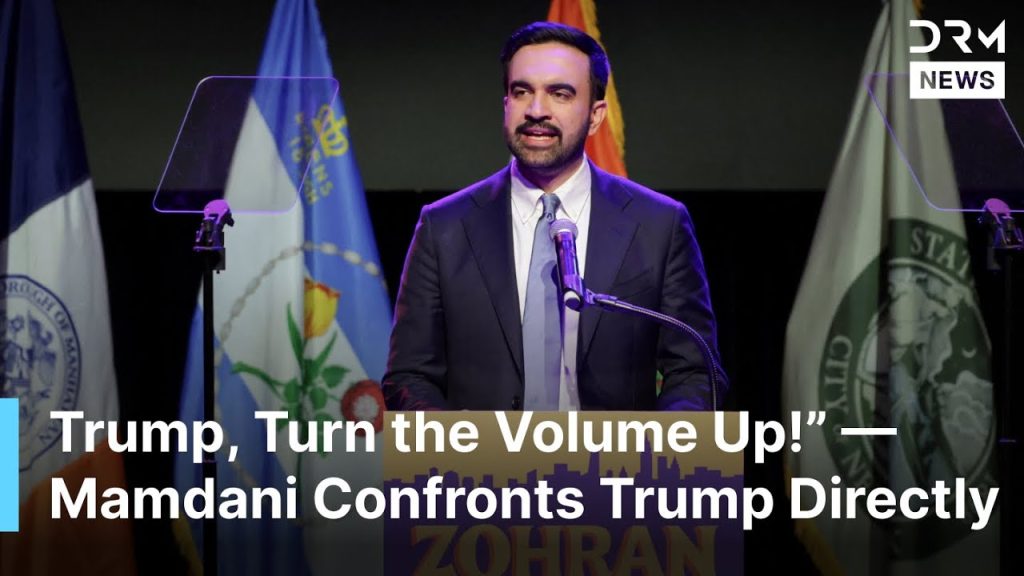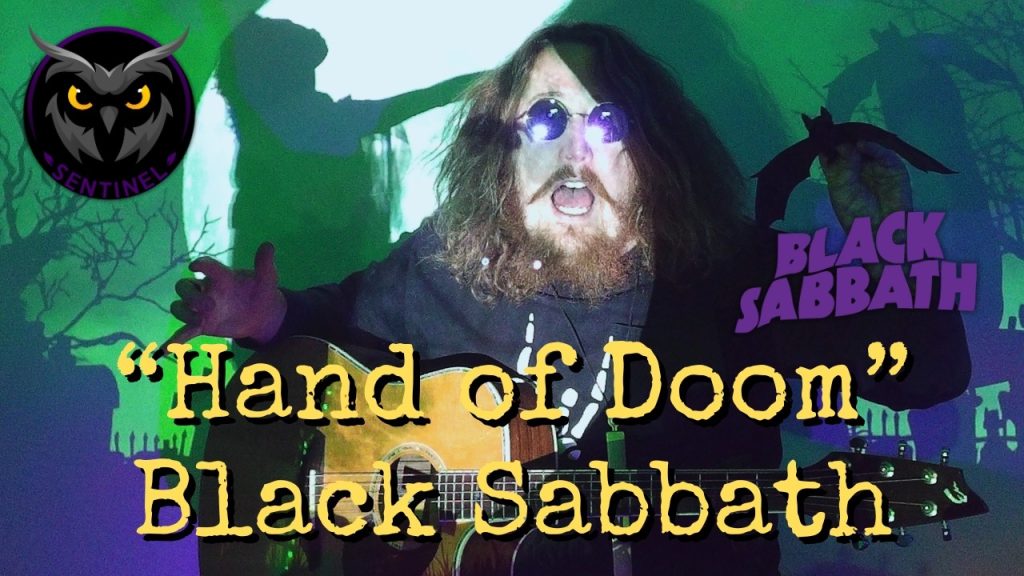Former President Donald Trump found himself at the center of controversy once again following a painfully awkward moment during an event earlier this week. In what many observers have called an embarrassing and idiotic comment, Trump took aim at the English language skills of Liberia’s president, prompting swift criticism and a wave of social media reactions highlighting the uncomfortable exchange.
The incident occurred during a public appearance where Trump, known for his blunt and often polarizing remarks, commented on the communication style of President George Weah of Liberia. The Liberian leader, who is a former professional footballer turned politician, spoke in English—a language widely used but not native to Liberia—during his address. Trump reportedly critiqued the president’s English proficiency, sparking immediate backlash from attendees and international viewers alike.
Critics described the comment as needlessly disparaging and disrespectful, especially given the context of Liberia’s complex history and its efforts to engage on the global stage. Many called out the former president for what they viewed as a petty and culturally insensitive jab that overshadowed the significance of the diplomatic interaction.
Social media quickly erupted with reactions ranging from disbelief to disappointment. Users expressed that the moment was “tough to watch” and “embarrassing,” with several highlighting how such remarks from a figure of Trump’s stature could undermine mutual respect between nations. Analysts noted that Trump’s tendency to make off-the-cuff remarks often generates viral moments but rarely contributes constructively to international discourse.
Meanwhile, diplomatic experts pointed out that English, while used officially in Liberia, is not the mother tongue for the majority of its citizens, who speak various indigenous languages. Given this linguistic diversity, they argued that critiquing the president’s English was both unfair and trivial, especially in public.
This is not the first time Trump has faced criticism for comments perceived as culturally insensitive. However, this latest episode underscored concerns about how such remarks might affect the United States’ image abroad and its diplomatic relationships.
President Weah, for his part, remained composed during the exchange, continuing his address without directly responding to the criticism. Observers praised his professionalism under pressure and highlighted the importance of focusing on substantive issues rather than language on the international stage.
As debates continue, many hope this episode serves as a reminder of the power of language and respect in diplomacy. While leaders are expected to speak their minds, the impact of words on international relations cannot be underestimated. Moments like these reveal how quickly a seemingly minor comment can become a major talking point, stirring discussions far beyond its original setting.
In an era of instant social media amplification, political figures are increasingly held accountable not just for their policies but also for their rhetoric and demeanor. This latest incident involving Donald Trump and the Liberian president’s English serves as a compelling case study in the complexities of communication, cultural sensitivity, and global perception.



